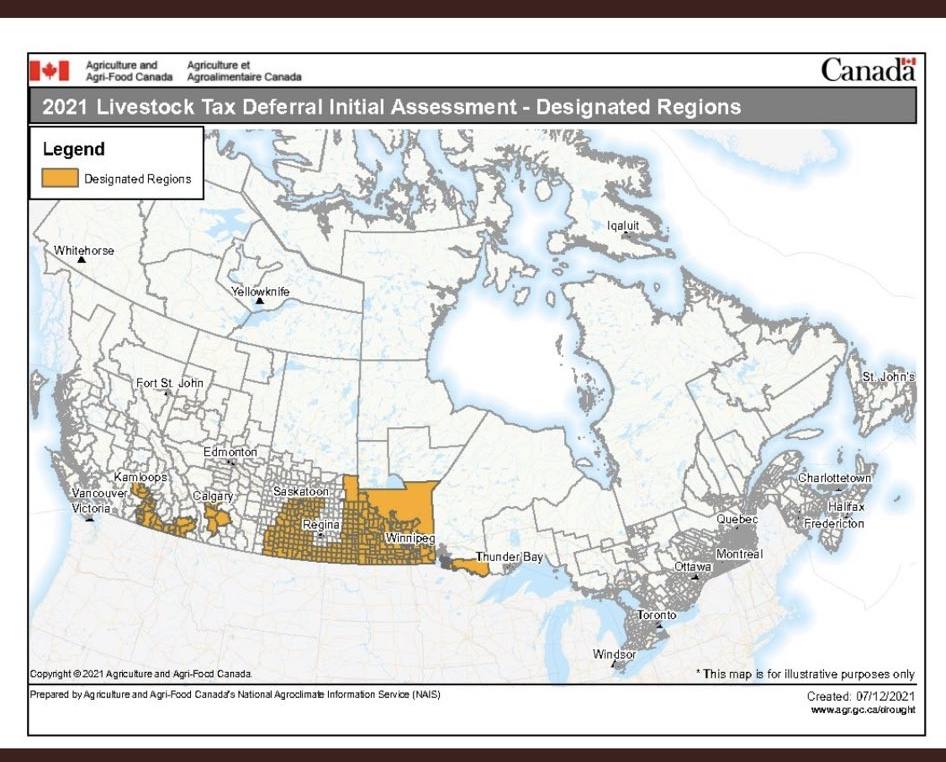This was posted on Twitter yesterday. Can anyone confirm?
"Are you in the market for feed? Robert Andjelic (200,000 ac. in Saskatchewan) doesn’t care. Livestock owners throughout North America are hurting for some sort of feed, but he won’t allow his renters to drop straw (irrigated). #hay #straw #cattle #horses #sheep #goats"
"Are you in the market for feed? Robert Andjelic (200,000 ac. in Saskatchewan) doesn’t care. Livestock owners throughout North America are hurting for some sort of feed, but he won’t allow his renters to drop straw (irrigated). #hay #straw #cattle #horses #sheep #goats"

Comment